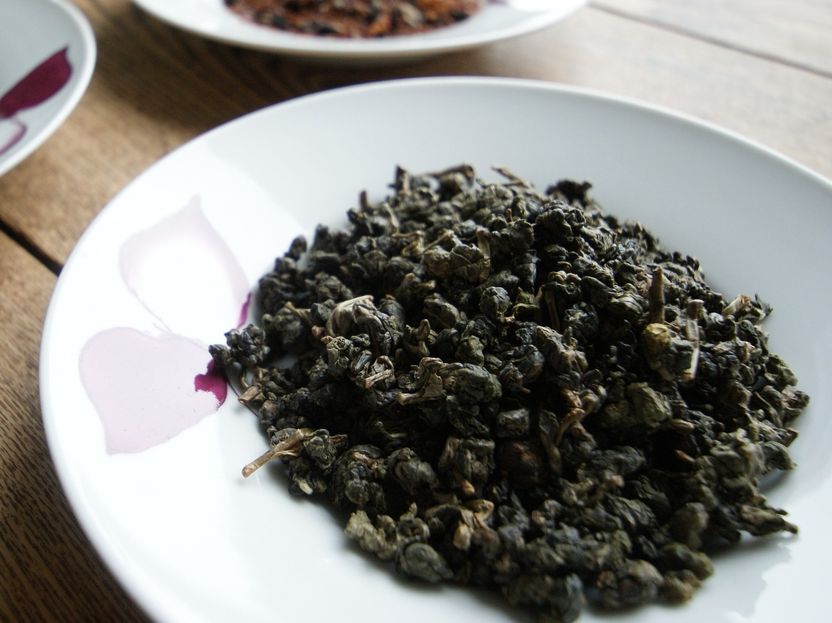Green tea and iron, bad combination
green tea is touted for its many health benefits as a powerful antioxidant, but experiments in a laboratory mouse model of inflammatory bowel disease suggest that consuming green tea along with dietary iron may actually lessen green tea's benefits.

Powerkite, pixabay, CC0
"If you drink green tea after an iron-rich meal, the main compound in the tea will bind to the iron," said Matam Vijay-Kumar, assistant professor of nutritional sciences, Penn State. "When that occurs, the green tea loses its potential as an antioxidant. In order to get the benefits of green tea, it may be best to not consume it with iron-rich foods." Iron-rich foods include red meat and dark leafy greens, such as kale and spinach. According to Vijay-Kumar, the same results also apply to iron supplements.
Vijay-Kumar and colleagues found that EGCG -- the main compound in green tea -- potently inhibits myeloperoxidase, a pro-inflammatory enzyme released by white blood cells during inflammation. Inactivation of myeloperoxidase by EGCG may be beneficial in mitigating IBD flare-ups. But when EGCG and iron are consumed simultaneously, iron-bound EGCG loses its ability to inhibit myeloperoxidase.
Adding to this complexity, they found that EGCG can also be inactivated by a host protein, which is highly abundant in inflammatory conditions. The researchers published their findings in the American Journal of Pathology.
IBD is characterized by chronic inflammation of the digestive tract, which results in bloody diarrhea, pain, fatigue, weight loss and other symptoms including iron deficiency/anemia. It is common for IBD patients to be prescribed iron supplements. In this scenario, the intake of green tea and iron supplements at the same time would be counterproductive as both nutrients would bind and cancel each other out.
"It is important that IBD patients who take both iron supplements and green tea know how one nutrient affects the other," Vijay-Kumar said. "The information from the study could be helpful for both people who enjoy green tea and drink it for its general benefits, as well as people who use it specifically to treat illnesses and conditions."
"The benefit of green tea depends on the bioavailability of its active components," said Beng San Yeoh, graduate student in immunology and infectious diseases and first author of the study. "It is not only a matter of what we eat, but also when we eat and what else we eat with it."
Most read news
Other news from the department science

Get the chemical industry in your inbox
By submitting this form you agree that LUMITOS AG will send you the newsletter(s) selected above by email. Your data will not be passed on to third parties. Your data will be stored and processed in accordance with our data protection regulations. LUMITOS may contact you by email for the purpose of advertising or market and opinion surveys. You can revoke your consent at any time without giving reasons to LUMITOS AG, Ernst-Augustin-Str. 2, 12489 Berlin, Germany or by e-mail at revoke@lumitos.com with effect for the future. In addition, each email contains a link to unsubscribe from the corresponding newsletter.
Most read news
More news from our other portals
Last viewed contents
Huntsman becomes first chemical company to win Dutch “Lean & Green” award

























































